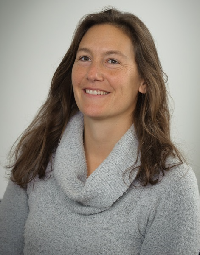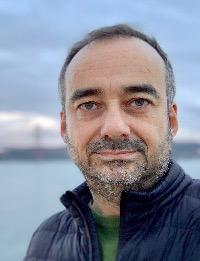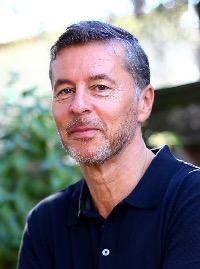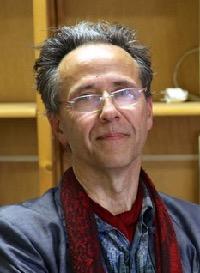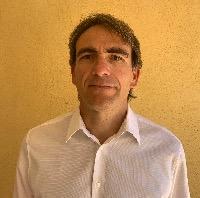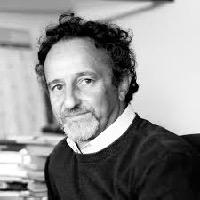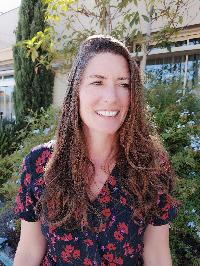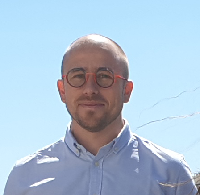What are we doing?
We study senescence & its interaction with the immune system in the context of aging and cancer. But we do not do it like others: we are curious to know how senescence can inhibit immunosurveillance.
Who were are ?
A new team (recently granted by ANR, project SENEDIT) of dynamic scientists from diverse backgrounds with unconventional concepts!
Detailed project
Old age comes with the burden of a host of aging-associated diseases including cancer and Senescent cells (SnCs) accumulation in tissues emerge as a key factor. Therapeutic opportunities to blunt aging and cancer by eliminating SnCs was strongly challenged over the last 10 years. However, despite extremely dynamic research by both academic and private labs, almost all clinical trials are based on anti-cancer drugs repositioning (e.g. anti-apoptosis) and none of them has demonstrated a sufficient beneficial effect.
Our team's project aims to tackle the burden of age-related diseases, including cancer, by targeting the accumulation of senescent cells (SnCs) in tissues.
In this context, we discovered that SnCs can modulate their immunosurveillance by the expression of a cell surface ganglioside called GD3, resulting in SnCs persistence. (Iltis et al, BioRchiv, in revision for Nature Aging, patent PCT/EP2022/060713 and patent EP22306604). We bring the proof of concept that GD3 expression may represent a Senescence Immune Checkpoint (SIC) that determines SnCs tolerance.
The team aims to reveal a new class of senolytic/senomorphic (anti-SIC strategy) to restore SnCs immunosurveillance and to understand the cellular and molecular mechanisms of senescent cell tolerance by the immune system, as well as their consequences.
The outstanding question we want to address is: What are the cellular and molecular mechanism of senescent cell (SnCs) tolerance by the immune system and what are their consequences?
Our team objectives are to address the cellular and molecular mechanisms of senescence cell (SnCs) tolerance by the immune system and their consequences using cross-discipline approaches where Immunity, Aging, Senescence and Cancer are concomitantly studied.
The overall impact of this team project is double, both at the forefront of basic and translational science to better understand and eventually to propose new cure against age related disease and cancer by restoring immune surveillance.




